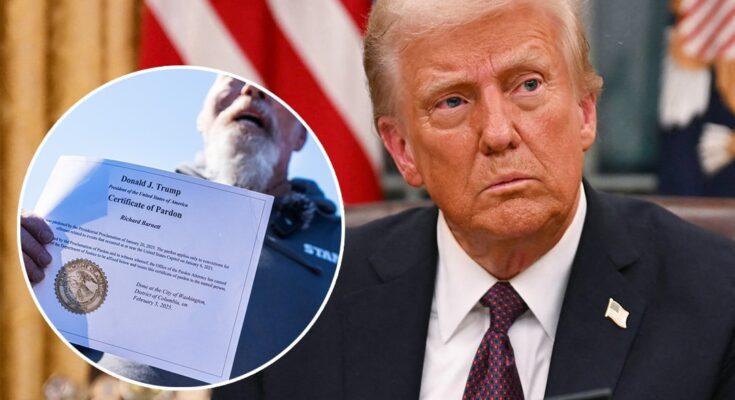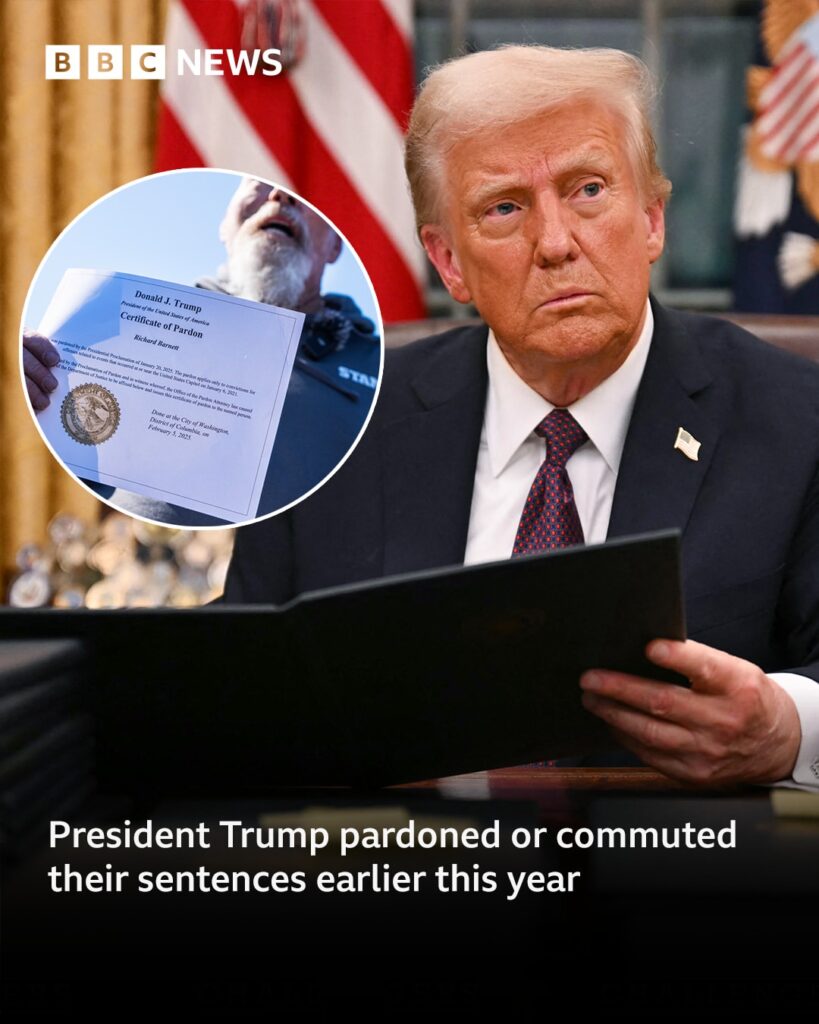
Five high-profile members of the far-right extremist group the Proud Boys, all of whom were convicted for their roles in the January 6, 2021 Capitol riot, have filed a lawsuit against the United States government seeking $100 million (£74 million) in damages. The civil suit, filed in a federal court, accuses government agencies, including the Department of Justice and the Bureau of Prisons, of violating their constitutional rights and engaging in political persecution.
The plaintiffs—Enrique Tarrio, Ethan Nordean, Joseph Biggs, Zachary Rehl, and Dominic Pezzola—were all sentenced to prison after being found guilty on charges ranging from seditious conspiracy to obstruction of an official proceeding. These convictions were part of one of the most significant prosecutorial efforts following the Capitol insurrection, where hundreds of Donald Trump supporters stormed the U.S. Capitol in an effort to overturn the results of the 2020 presidential election.
Allegations in the Lawsuit
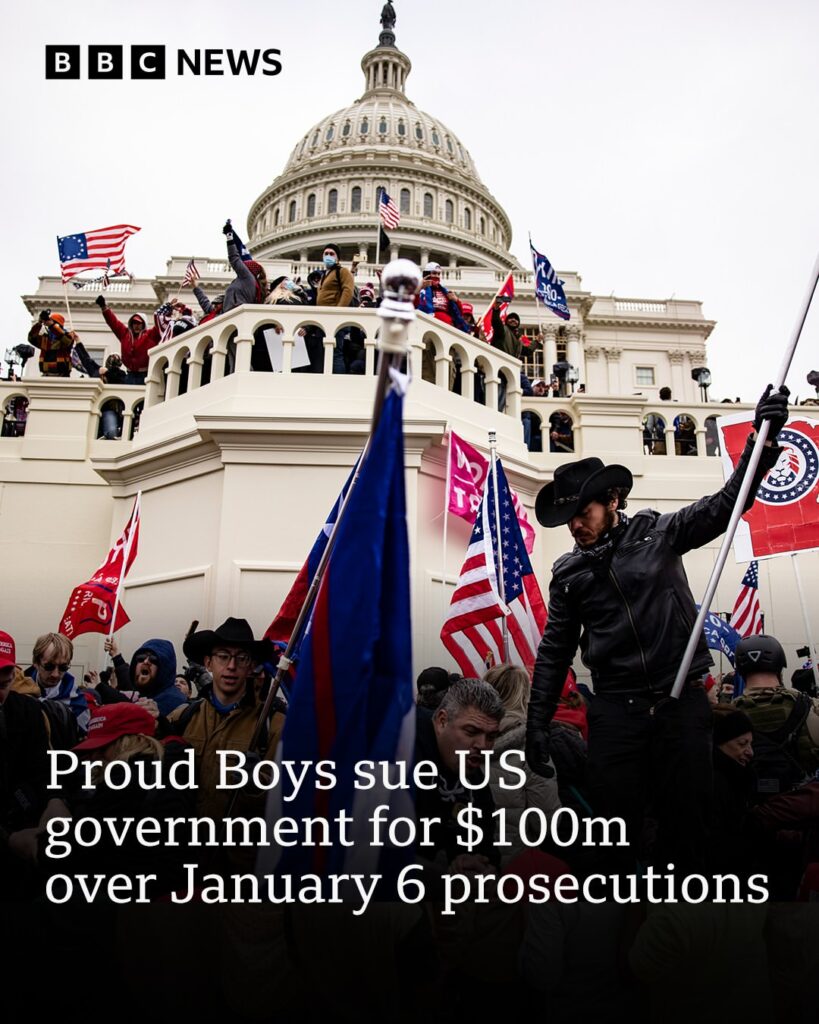
In their lawsuit, the Proud Boys leaders claim that their prosecutions and subsequent imprisonment were politically motivated. They allege that their due process rights under the Fifth Amendment and their free speech rights under the First Amendment were violated. The suit further contends that they have been subjected to “inhumane treatment” while incarcerated, including prolonged solitary confinement, restricted access to legal counsel, and religious discrimination.
The plaintiffs argue that they have been “made examples of” because of their political beliefs and affiliations. They compare their treatment to that of other violent offenders and claim a double standard has been applied to them because they are associated with a right-wing movement. The suit accuses federal agencies of engaging in a “coordinated campaign” to silence dissent and criminalize political opposition.
According to the filing, the group is not seeking only monetary compensation, but also injunctive relief, including reforms in the federal prison system and a review of prosecutorial conduct in politically sensitive cases.
Government Response
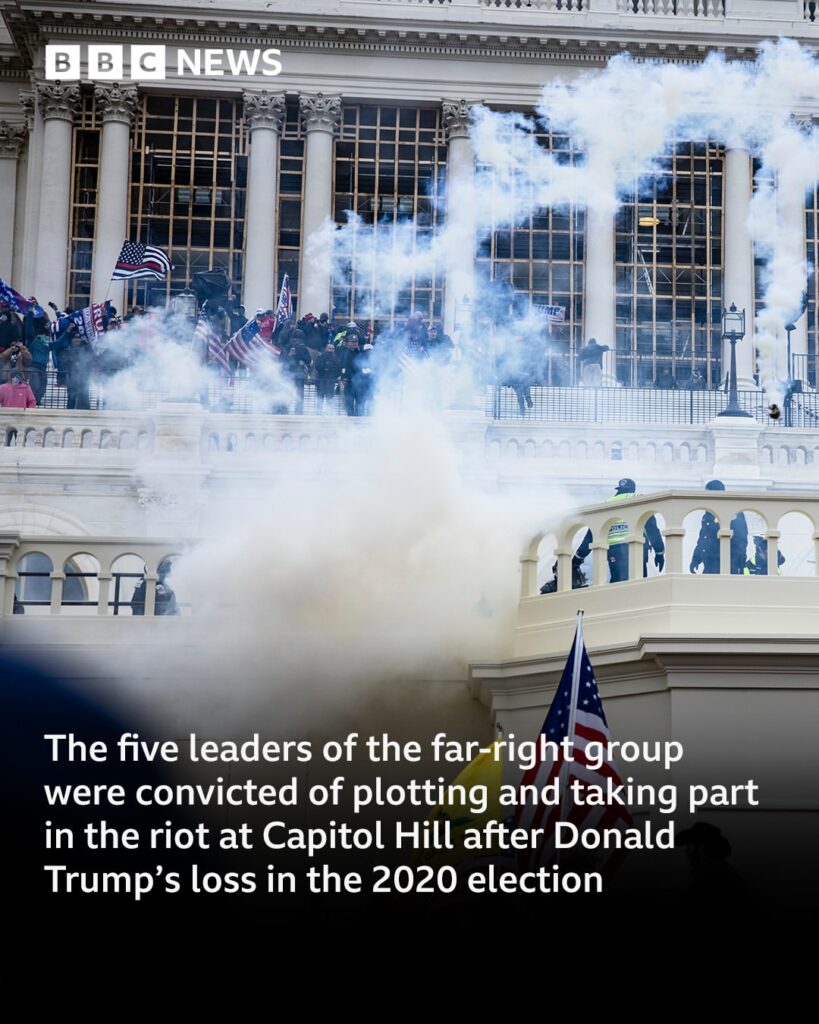
As of this writing, the Department of Justice has not issued a formal response to the lawsuit. However, legal experts believe the case faces significant hurdles. The Proud Boys members were convicted by juries after lengthy trials that included evidence such as social media posts, encrypted messages, and surveillance footage. The standard for overturning such convictions, or winning civil damages related to them, is exceptionally high.
Legal scholars also note that the First Amendment does not protect speech that incites violence or leads to criminal conduct. The courts have historically upheld the government’s ability to prosecute individuals whose actions pose a threat to public safety, especially in cases involving organized efforts to obstruct the democratic process.
Background on the Proud Boys and January 6
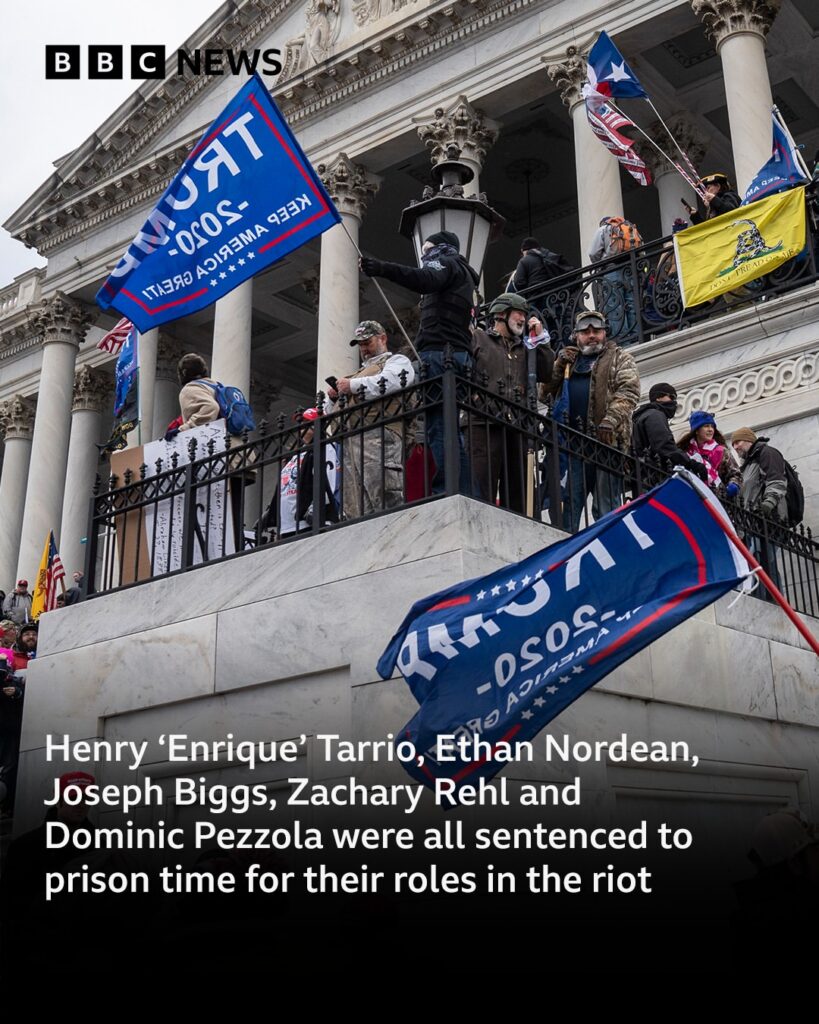
The Proud Boys, founded in 2016, are a self-described “Western chauvinist” group known for engaging in street violence and promoting far-right, nationalist ideologies. They gained prominence during the Trump presidency and were a visible presence at numerous rallies and protests across the United States. Their involvement in the January 6 attack was widely documented, and several leaders played pivotal roles in organizing and coordinating efforts to breach the Capitol building.
Enrique Tarrio, the national chairman at the time, was not physically present at the Capitol on January 6 but was accused of helping orchestrate the group’s actions. He was sentenced to 22 years in prison—the longest sentence handed down to any Capitol riot defendant. Other leaders received similarly lengthy sentences, reflecting the severity of their charges and the impact of their actions on American democracy.
Public and Political Reaction
The lawsuit has sparked a mix of outrage and support across the political spectrum. Civil rights groups and Democratic lawmakers have condemned the filing as a baseless attempt to reframe criminal conduct as political activism. They argue that the Proud Boys’ actions were violent, deliberate, and intended to disrupt a lawful electoral process, and that their convictions were a necessary step toward accountability.
On the other hand, some right-wing commentators and conservative media outlets have expressed sympathy for the defendants, framing the lawsuit as a challenge to government overreach and a test of constitutional limits. They argue that the treatment of the Proud Boys is part of a broader trend of political targeting and suppression of dissent.
Implications Going Forward
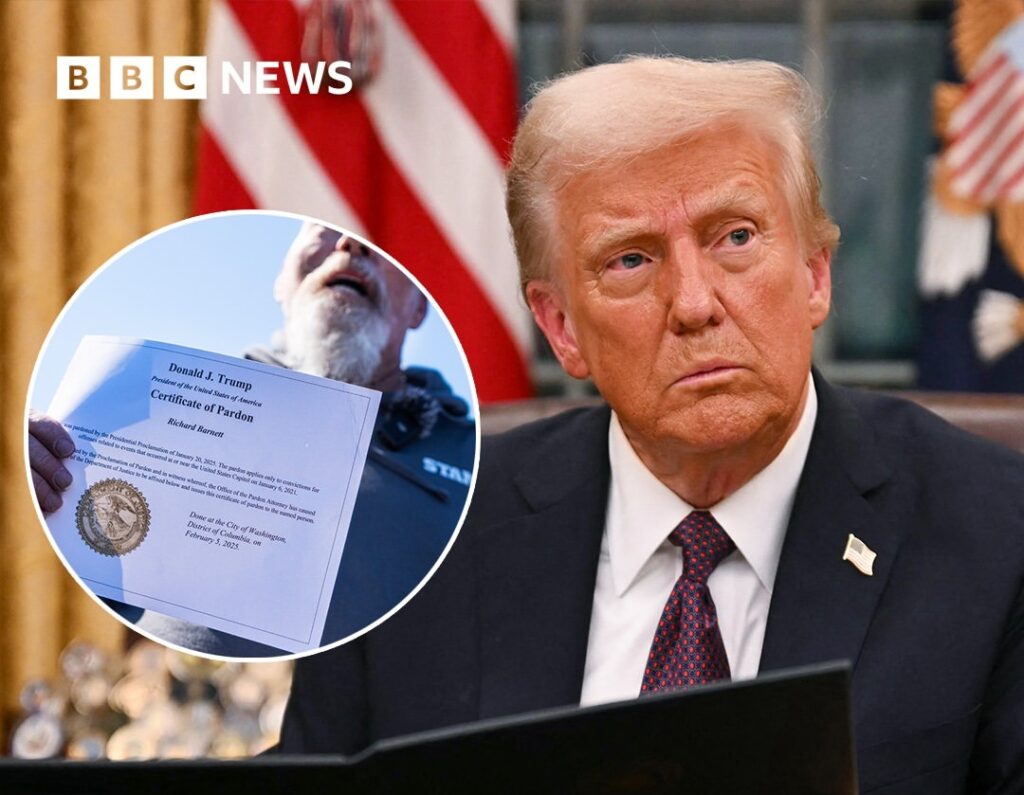
The Proud Boys lawsuit is unlikely to succeed in court, but it adds another layer of complexity to the post-January 6 political and legal landscape. It underscores ongoing debates about the limits of free speech, the definition of political violence, and the role of the federal government in prosecuting extremist activity.
The case also reflects a broader trend among right-wing activists and figures to push back against legal consequences through civil litigation and public campaigns. While the legal merits of such suits are often weak, they serve to energize political bases and generate media attention.
Ultimately, the lawsuit by these convicted Proud Boys leaders serves as a stark reminder of the deep divisions still present in American society, and of the lasting impact that the events of January 6, 2021 continue to have on the nation’s legal and political systems.
